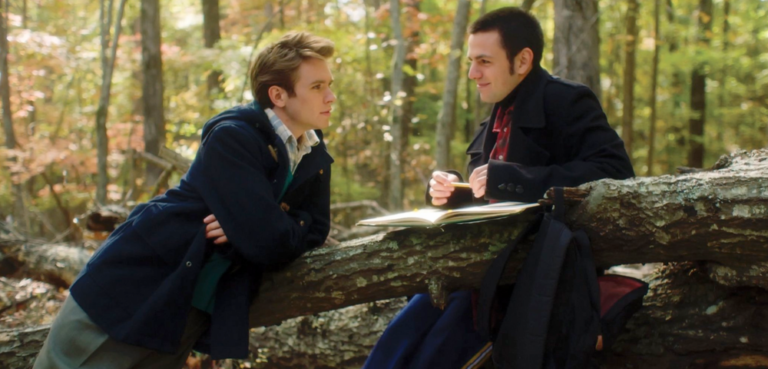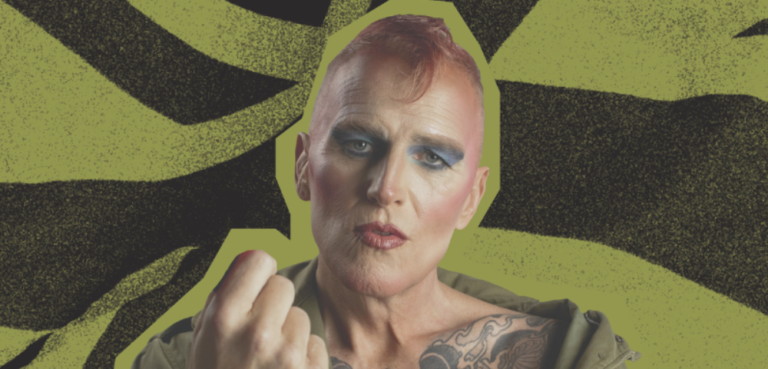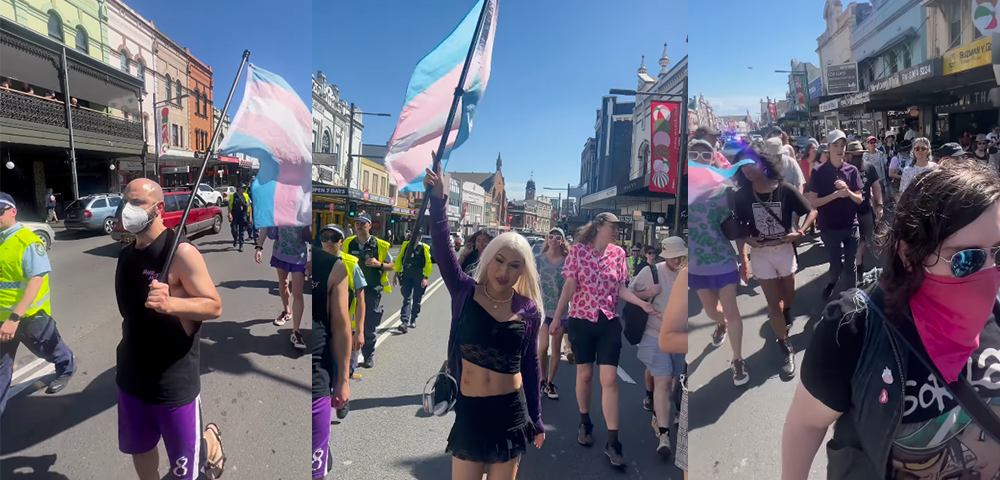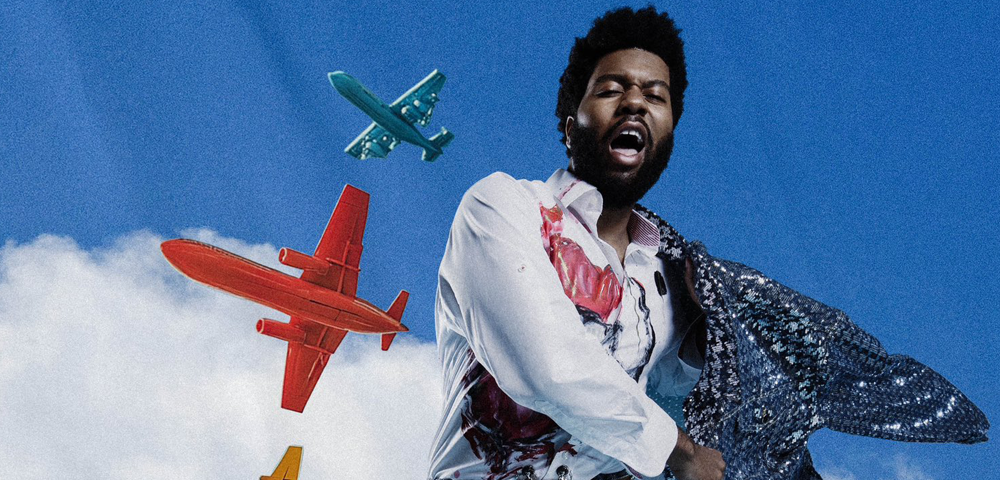
Same-Sex Weddings Boost US Economy By $3.8 billion
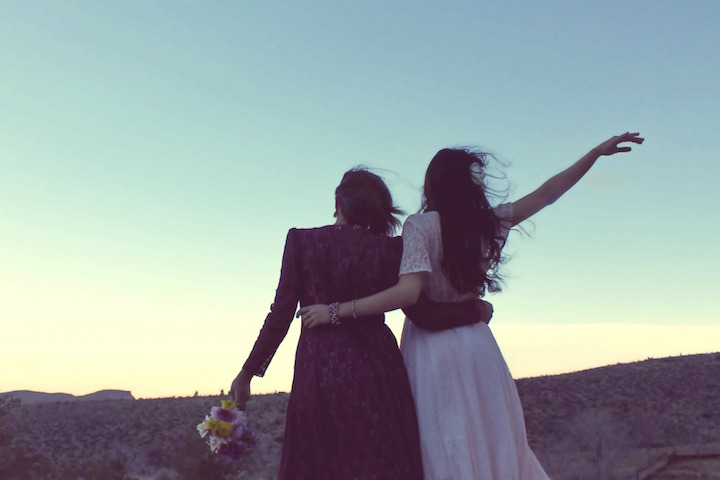
New research shows that LGBTQI weddings have boosted America’s local and state economies by an estimated US$3.8 billion after same-sex marriage was legalised nationwide in 2015.
Researchers from the Williams Institute at California’s UCLA School of Law published a study on Thursday this week indicating a significant boost to America’s economy came from the nearly 300,000 LGBTQI couples who have tied the knot since 2015.
Since the US Supreme Court made its landmark ruling in favour of same-sex marriage roughly US$3.2 billion USD (AU$4.8 billion) has been spent on LGBTQI weddings, while thousands of travelling wedding guests spent roughly US$544 million (AU$818.3 million).
The study’s lead author and the state and local policy director at the Williams Institute, Christy Mallory, noted that marriage equality had changed both people’s lives and companies industries.
“Marriage equality has changed the lives of same-sex couples and their families,” they said. “It has also provided a sizable benefit to business and state and local governments.”
The study also found that the same-sex weddings industry also supported 45,000 jobs.
Same-sex marriage was first approved in the US state of Massachusetts in 2003, with several states following its lead.
By 2015, the year that marked the American Supreme Court’s landmark decision, roughly 242,000 same-sex couples had already been married, the study said.
The number has more than doubled five-years on, with more than half a million LGBTQI couples marrying in America.
The United States and Australia are one of 28 United Nations’ member states that legally recognise same-sex marriage, with Costa Rica now joining the ranks since announcing its landmark decision on Tuesday.
While Australia’s statistics on the wedding-based economic boom are still sketchy, ANZ senior economist, Cherelle Murphy, hinted to Business Insider during the 2017 marriage plebiscite debate that same-sex weddings could contribute more than AU$650 million to the economy annually.
“While the macroeconomic implications of the sum are minuscule, for some sectors the impact will be more meaningful,” Murphy said.
With nearly 50,000 same-sex couples in Australia in 2017, as well as countless gay tourists who could come to the country to marry, the Aussie wedding industry has undoubtedly seen a boom in the past three years.
Similar to the United States, Murphy noted that most of the boom would come from money spent on weddings.
More specifically, the pent-up demand of unwed same-sex couples in 2017 could drive gains across all areas of trade, including retail, hospitality, arts and recreation, and professional services such as pre-nuptial agreements and divorce.
